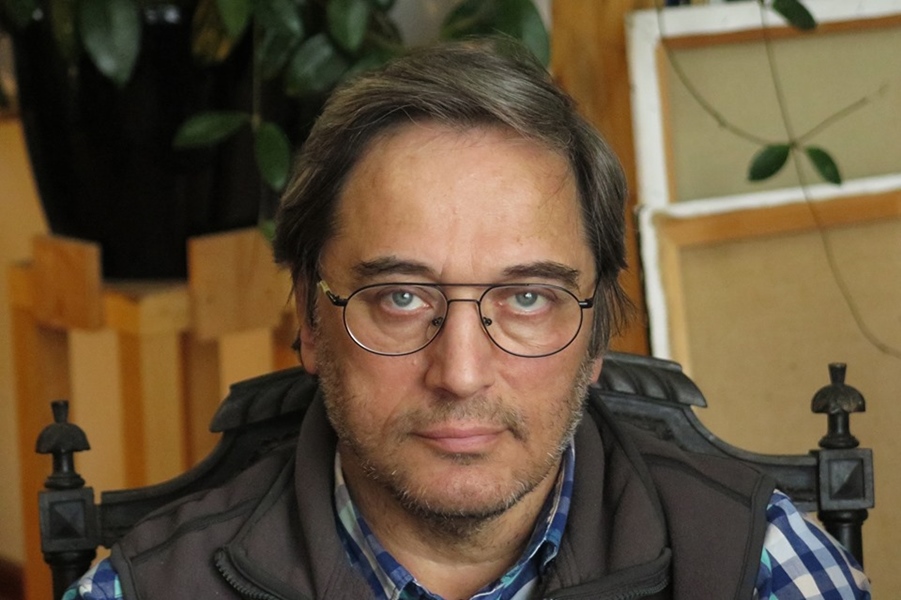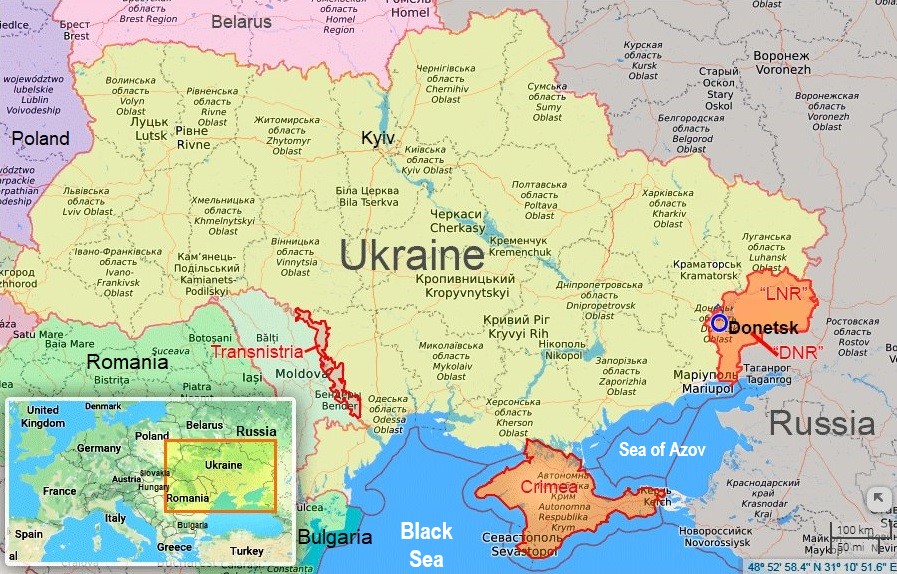Moscow’s efforts to recruit spies perhaps not surprisingly has always attracted more attention than its work to recruit agents of influence, Dmytro Khmelnytskyi says; but there are only a relative handful of the former while there are “hundreds of thousands” of the latter.
Although the latter typically violate no laws, the specialist on this form of Russian activity abroad who emigrated in 1987 and now lives in Germany, they play an ever important part of Moscow’s activities abroad.
In an interview with Cyprus Daily News, Khmelnytskyi focuses on Moscow’s efforts to use members of the Russian diaspora in this way. He says that in many ways, including the enormous number of Russians now living outside their homeland, this has become a second “golden age” for such recruitments, the first being of course the 1920s.
The investigator says that the foundations for the current Russian efforts in this regard were laid in the 1960s and 1970s when Moscow allowed thousands of Soviet Jews to emigrate, ostensibly to Israel but often to other countries. Its goal was “to create in the West a milieu favorable for the activity of Soviet intelligence.”
“Rumors circulated that about 50 percent of [these] émigré who left formally for Israel signed agreements on cooperation before departing. I myself left the USSR in this way and am ready to believe this,” Khmelnytskyi continues. Now, Moscow’s opportunities in this regard are much greater.
No longer there is Iron Curtain and there are millions of people from the former USSR living abroad now. The reason people from both these groups have been such “easy targets,” he says, is that there were very few dissidents among the former, and almost none of among the latter. They emigrated to benefit themselves materially but not for ideological reasons.
According to Khmelnytskyi, before 1991, “these were ordinary Soviet people who had no other motives to leave the country had there not appeared the opportunity to live better.” The same thing is true today. Russians who have emigrated for material gain, “who love Putin, are not political emigres.”
“They do not understand how the Soviet Union was bad, and they do not understand in what ways Russia today is. They are absolutely certain that everything in Russia is normal. They use the benefits of a democratic system but they do not have an understanding of the nature of that system.”
This is a reflection of the nature of Soviet education in the past and of Russian education now, Khmelnytskyi says. And because of its shortcomings, “the main mass of emigres alas are racists, nationalists and anti-democratic simply as a result of traditional Soviet upbringing.” They haven’t given up those notions when they leave.
Overcoming this will take three or four generations, Khmelnytskyi suggests. The first isn’t interested in assimilating and the second even less so. Only the third and fourth will, at least if they follow the pattern of the first Russian emigration of the 1920s. Now, they are politically active not in their own parties but in those who share their values.
In Germany, in the first instance, this is the extreme right Alternative for Germany
party and to a lesser extent Die Linke, “the left.” And they take part in anti-immigrant and pro-Russian actions that these parties are notorious for.
Germany’s special services do follow these groups, but the services are too small and the government too disinterested to do much good. Often, Khmelnytskyi says, the most useful way to expose Moscow’s use of Russians living abroad as agents of influence is through the media. There have been several cases of success in that regard, he concludes.
Read More:
- Moscow has complex system to run agents of influence abroad, Khmelnytskyi says
- Moscow intensifies its efforts to use Russian emigres to promote Kremlin policies
- Servility and Guilt: Putinists among Russia’s diaspora
- Moscow diplomats said behind formation of militarized Russian and Cossack groups in US
- How the Kremlin influences the West using Russian criminal groups in Europe
- Putin has created a Fifth International organizing the right, Felshtinsky says
- Putin regime has set up not one but five ‘fifth columns’ in Germany, Eidman says
- Moscow has increased intel ops staff by four times since 1991 and counter-intel even more, former KGB illegal says
- Putin actively using Cold War Stasi agent network in Germany, Reitschuster says
- Who’s most at risk of assassination by Putin’s siloviki? Kirillova provides a typology
- Victory Day celebrations “Immortal Regiment”: Russia’s “special operation”





